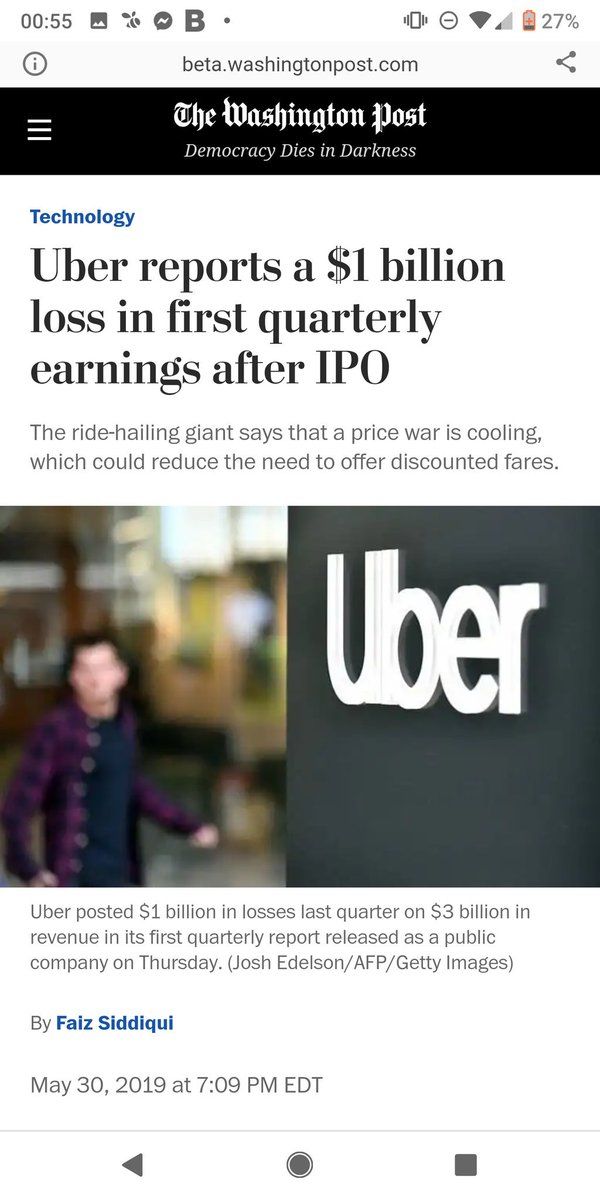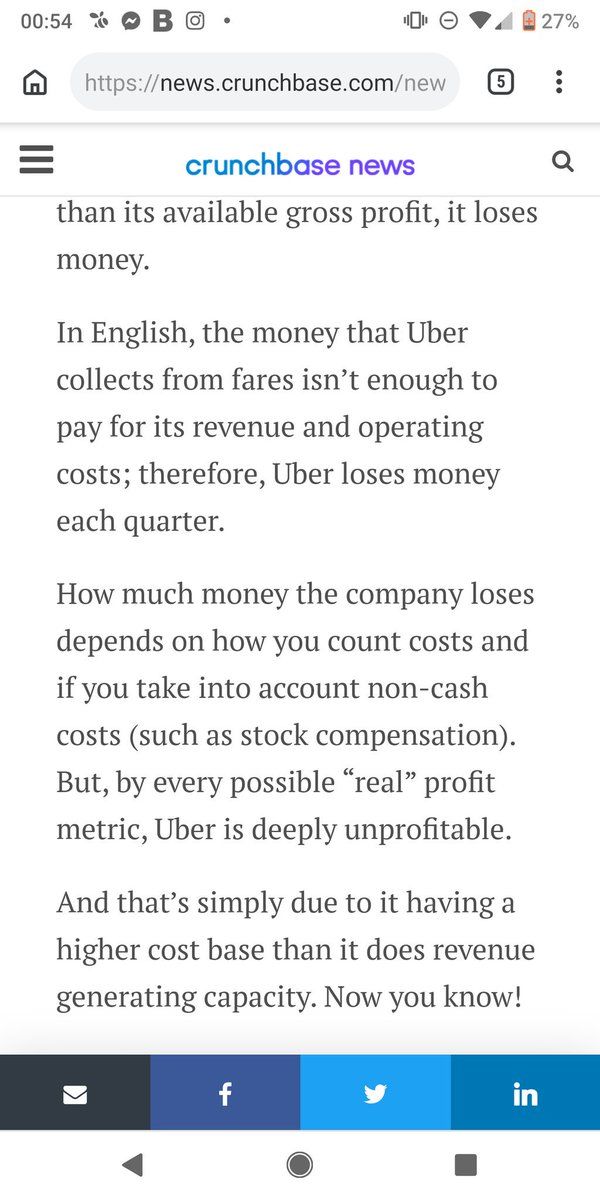-
so weird i thought vcs invested in people not ideas oh wait... did you mean only people like yourselves, and those with tons of preexisting resources that allow them to work for free did i miss the subtext Jason/1154852297010077696
-
so crazy that the risk model shows it is ok to burn billions of dollars in unproven or bad start up ideas but not to pay for a skilled employee who can't afford to live in sf
-
but I guess you have to lose money to make money at some indeterminate point in the future or if you make your money regardless of profits unless the loss is because you pay people a living wage: the one thing a startup cannot withstand i mean skilling up workers, is that 10x
-
If the system can't support paying interns properly, maybe the problem isn't interns but the nature of the system. A reexamination of how, say, VCs fund startups perhaps? Like they should account for paying more employees better to create healthier more diverse work environments?
-
hashtag disruption
-
fund my new startup: taking VC and giving it to startups so that they can afford to pay their interns.
-
You know what doesn't even have to be sarcastic. Never has someone been better positioned to solve a problem they identified. VCs should look to studies that show advantages of diverse workforces & on job training & seek to empower companies to run compensated internship programs
-
If the runway is so short that companies are incapable of spending time training junior employees in the work then the runway is probably too short to know if the company is sustainable, because on-boarding is important to healthy companies. So extend the runway.
-
What's the point of Silicon Valley if they can't change the rules of their own game?
-
All this money, all these startups. And you know what would do more do change the world? Paying for new product people, engineers and designers to have a living wage and housing to bring new ideas, inspirations and frameworks into every company ever to close a funding round.
-
I'm getting old because I remember a time when we looked at technology as a way to challenge the status quo instead of defending it.
-
 Chronotope’s Twitter Archive—№ 107,884
Chronotope’s Twitter Archive—№ 107,884
